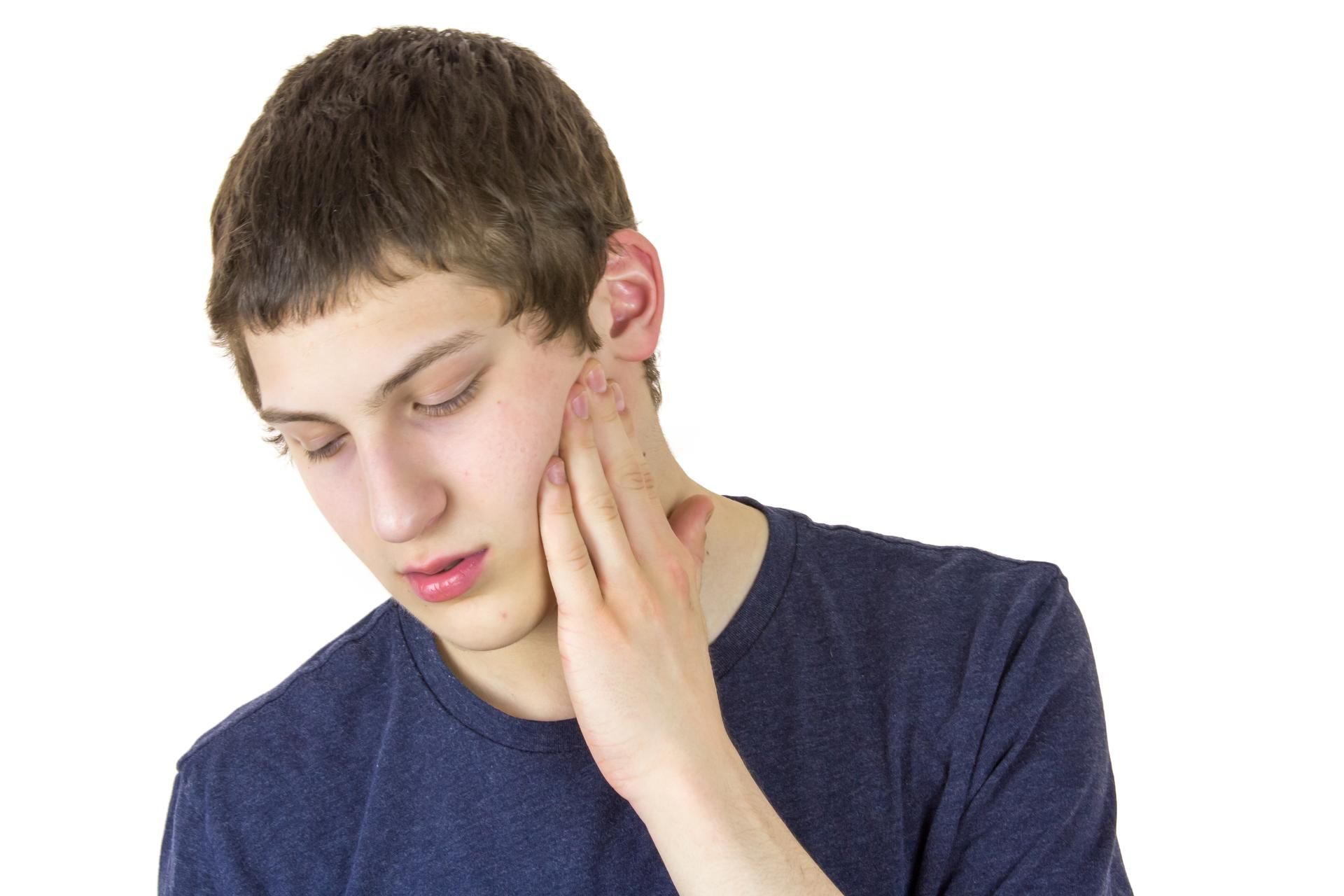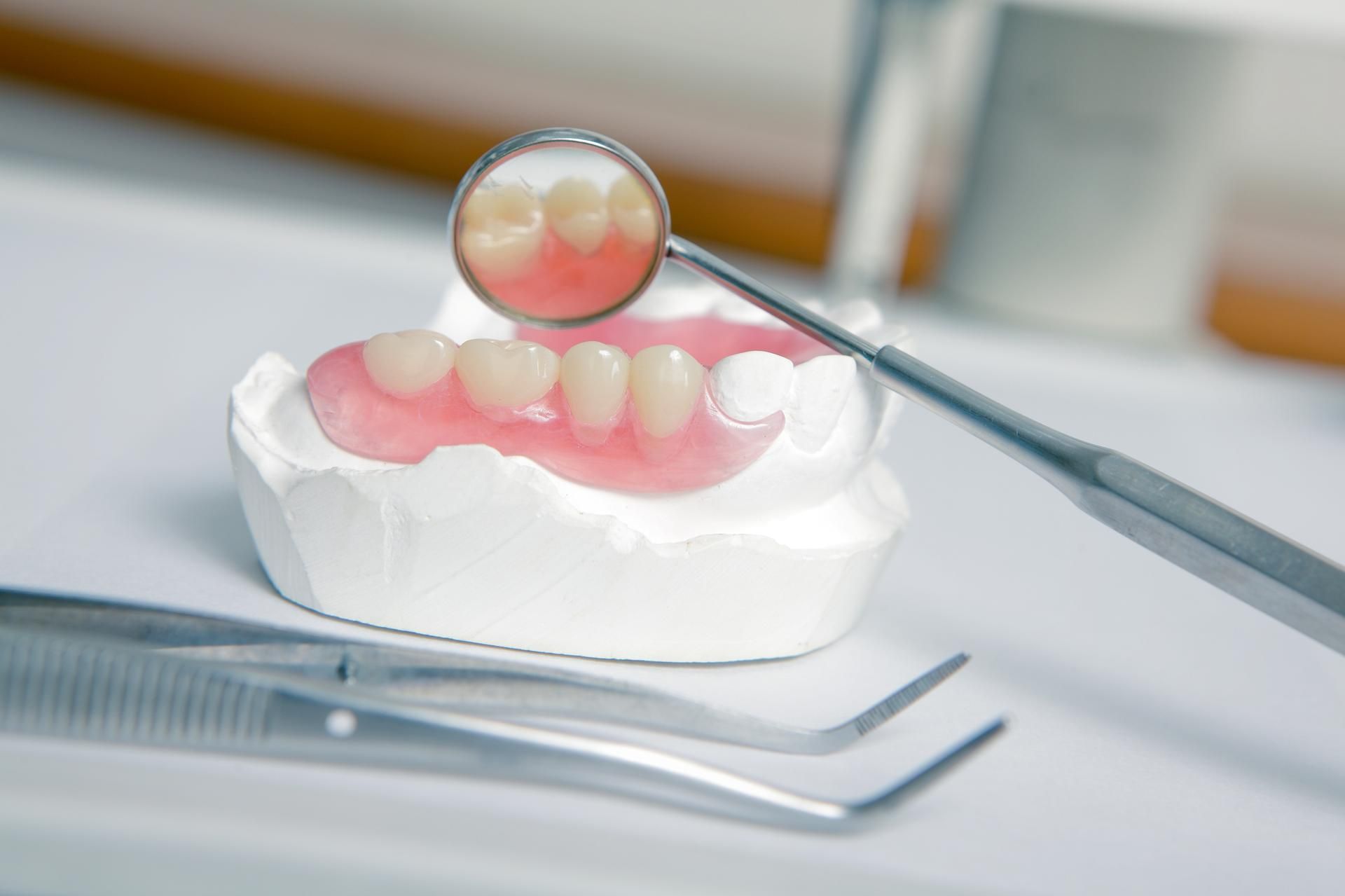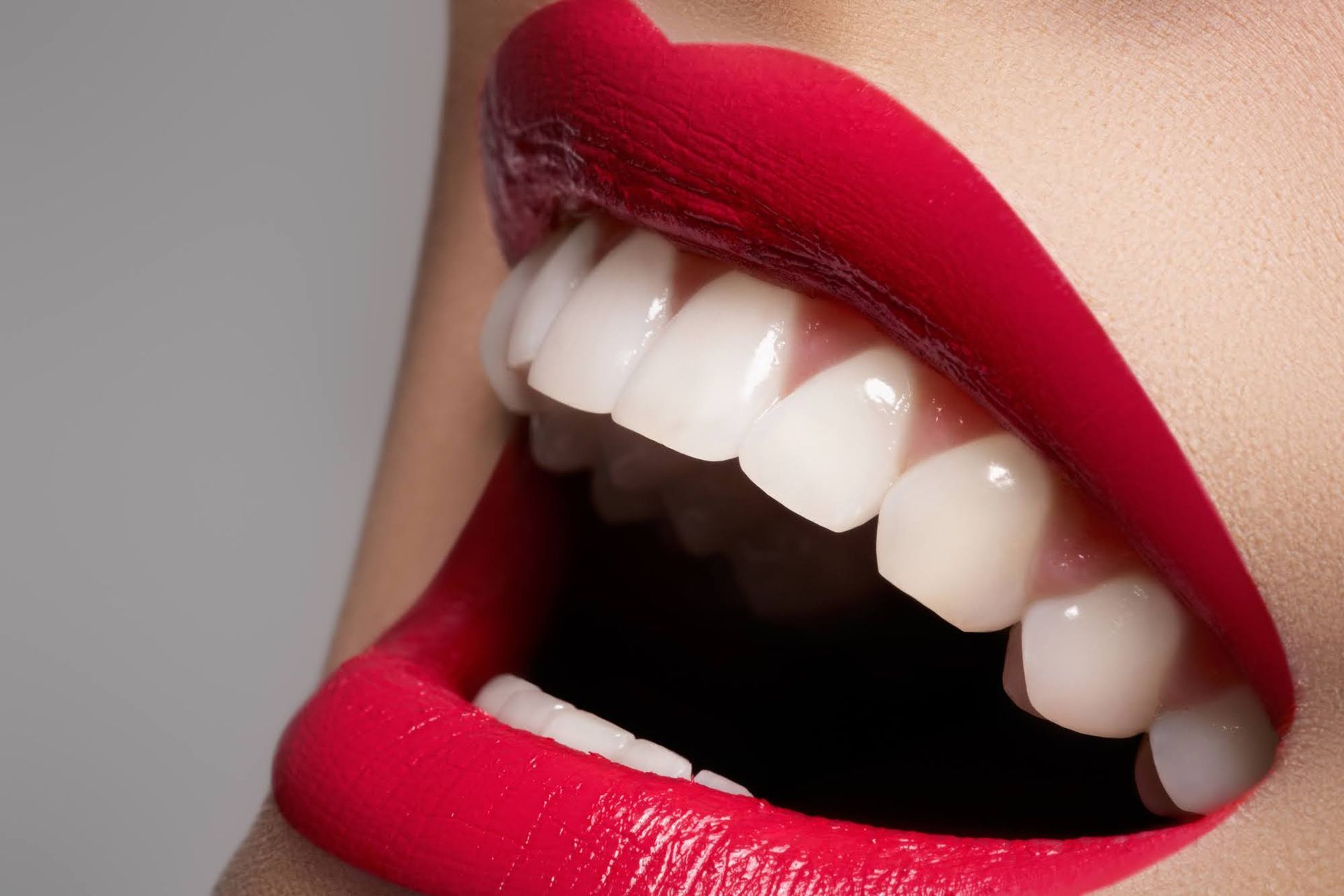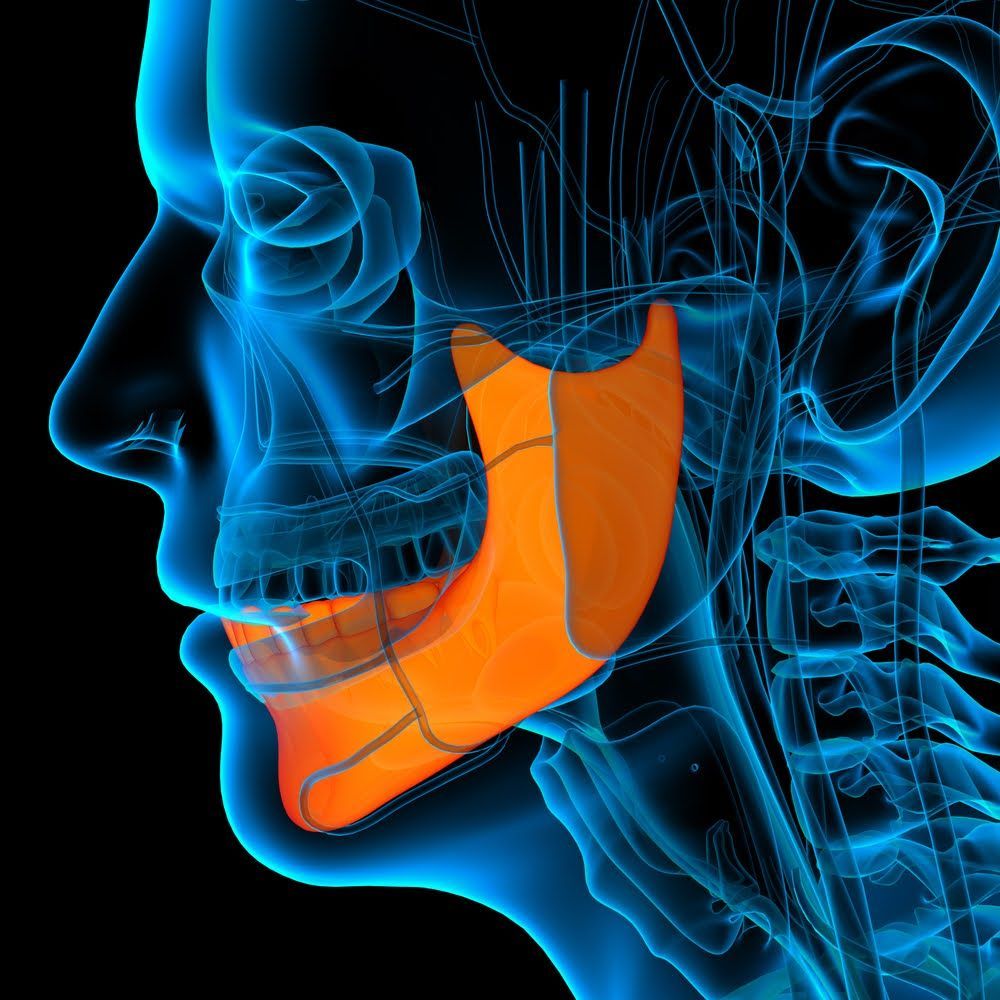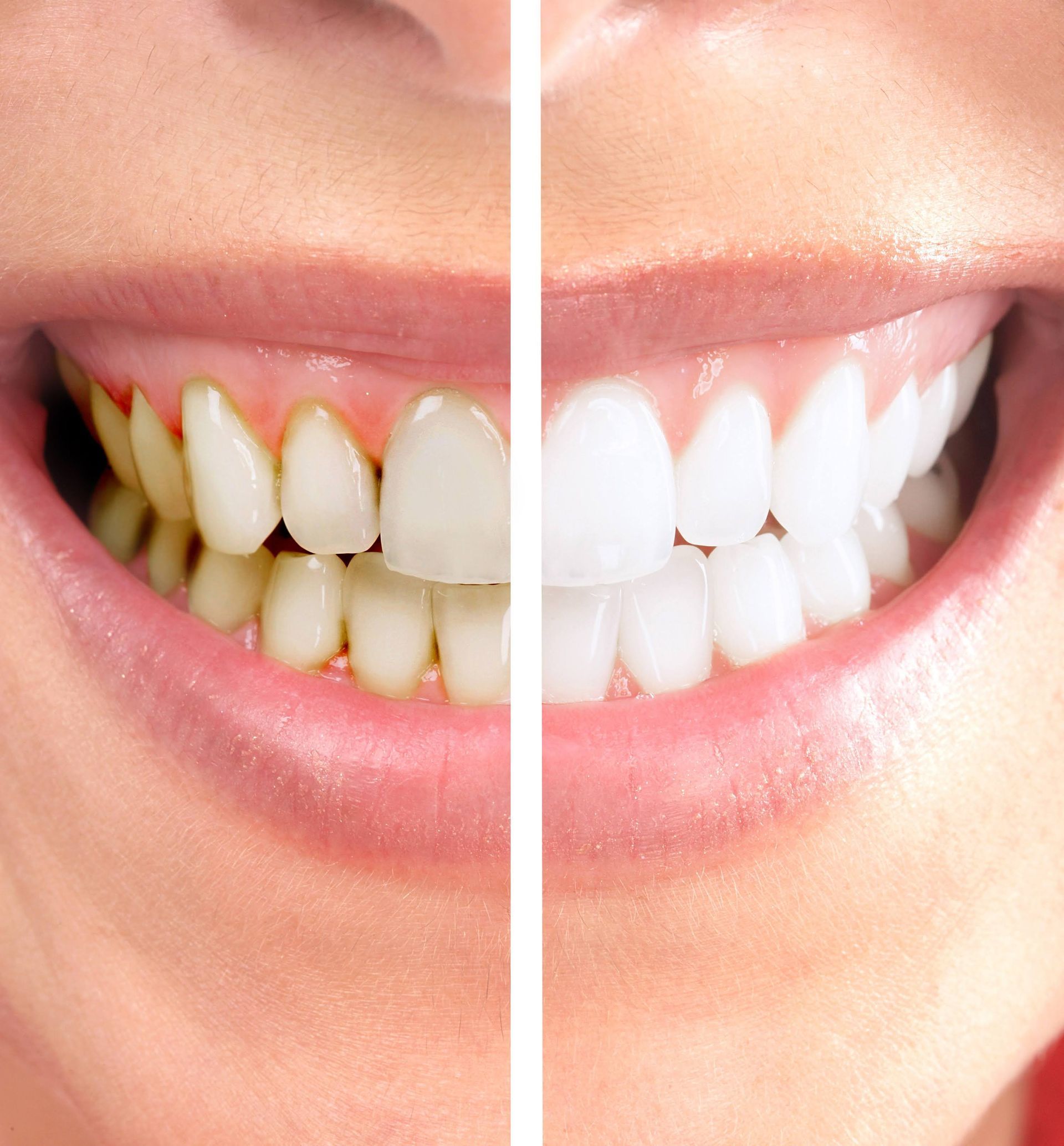What You Should Know About Birth Control and Your Oral Health

Millions of women use birth control for a variety of health reasons. Whether she is trying to avoid pregnancy or needs to regulate hormonal activity, birth control medication has many benefits for women. What some may not think about is how or if birth control has an impact on oral health. Here is some information to consider.
How Does Birth Control Affect Your Oral Health?
There are various types of birth control available for women to choose from. Birth control is available in many types and at varying hormonal levels. The medication is used for different purposes based on a woman's hormonal needs. Different birth control methods come with different side effects to a woman's health, including oral health.
As progesterone and estrogen fluctuate, it can result in certain symptoms that replicate gum disease. This includes inflamed and swollen gums. The gums are extra sensitive as these hormones change, which causes gum inflammation.
When a woman adjusts her hormone levels, the body will have a different reaction when it comes into contact with the toxins and bacteria that occurs in plaque.
If you take birth control medication and already had gum disease or early stages of gum inflammation, your risk of getting gingivitis can increase.
Fortunately, these side effects are different with each type of birth control. You may not notice any changes in your gums when you use birth control medication. Some of the new forms of birth control pills do not have as high levels as progesterone and estrogen as before, which also decreases the likelihood of gum inflammation.
According to a study by the Cleveland Clinic, there may also be a connection between the decrease of natural estrogen and temporomandibular joint disorder, or TMJ. The study states that the reduction of natural estrogen from the use of birth control pills can impact TMJ.
TMJ causes compression on the nerve within the joint in the jaw. The decreased natural estrogen causes inflammation, which can result in osteoarthritis for some.
Something else to consider is tooth removal and the impact of birth control. The change in hormones and onset of inflammation increases the chance to develop a dry socket when you have a tooth extraction. This is a painful condition in which the naturally formed blood clot in the space of the removed tooth comes out of place.
What Are Some Other Impacts Related to Birth Control and Oral Health?
There are some additional factors that, when combined with birth control use, can impact your oral health. One factor is the length of time you have been on birth control. The longer you take birth control, the higher your odds for hormonal reactions in your oral health and gum disease.
If you smoke and use birth control, you may have issues with proper blood clotting. This increases the likelihood of a dry socket or possible blood loss when you have an oral procedure.
In addition, birth control can also interact with other medications you take. The medication may not be as effective, including any medication prescribed by your dentist.
How Can You Minimize the Impact of Birth Control on Your Oral Health?
Although there can be some impacts on your oral health, you can minimize these risks by taking good care of your teeth. Brushing and flossing at least twice a day and seeing your dentist for your regular cleanings and checkups are the best things you can do to help reduce the impact your birth control may have on your oral health.
You may also want to incorporate a few lifestyle changes to keep your mouth healthy. Avoid drinking alcohol and decrease your sugar intake. Try to adopt a healthy diet with foods high in nutrients and vitamins. If you have any questions about your oral health, please contact Koehn Dentistry & Aesthetics.


